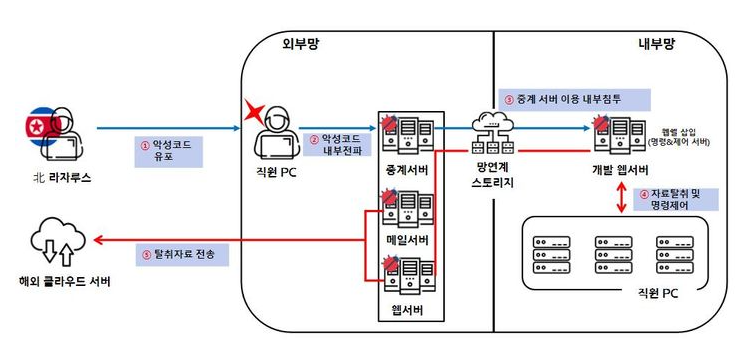
A record-breaking cryptocurrency hacking incident has shaken the industry, with Bybit, a Dubai-based cryptocurrency exchange, losing approximately $1.5 billion worth of Ethereum. This marks the largest crypto heist in history, with blockchain security firms Arkham Intelligence and Fireblocks identifying North Korea’s infamous hacking group, Lazarus, as the primary suspect. The group has a long history of targeting crypto exchanges, with stolen funds reportedly being funneled into North Korea’s illicit activities, including nuclear weapons development.
Bybit, a major global exchange with over 60 million users, announced on February 21 that approximately 14.6 billion dollars’ worth of Ethereum had been stolen by hackers. The stolen funds were quickly distributed across multiple wallets, with a portion already being laundered through cryptocurrency mixers, making tracking and recovery more challenging. Security experts noted that the attack closely resembles previous hacks targeting India-based exchange WazirX and lending protocol Radiant Capital, both of which were also attributed to North Korean cybercriminals.
Amidst strict international sanctions and financial isolation, North Korea has increasingly turned to crypto hacking as a vital revenue source. Stolen funds are laundered through complex financial networks and are believed to be used to support the country’s nuclear weapons program and other illicit activities. The Lazarus Group, known for its past involvement in major hacks, has stolen billions of dollars in recent years, prompting global security agencies and the cryptocurrency industry to monitor its activities closely.

The Bybit hack has sent shockwaves through the cryptocurrency market, triggering mass withdrawals and temporary price drops for major digital assets like Bitcoin and Ethereum. Investors are growing increasingly concerned about the security vulnerabilities in crypto exchanges, emphasizing the urgent need for stronger security measures and regulatory frameworks.
As North Korean hacking groups continue to exploit crypto exchanges to fund their operations, the threat they pose to global financial security remains significant. The incident underscores the necessity for heightened cybersecurity measures and international cooperation to combat state-sponsored cybercrime in the cryptocurrency sector.






